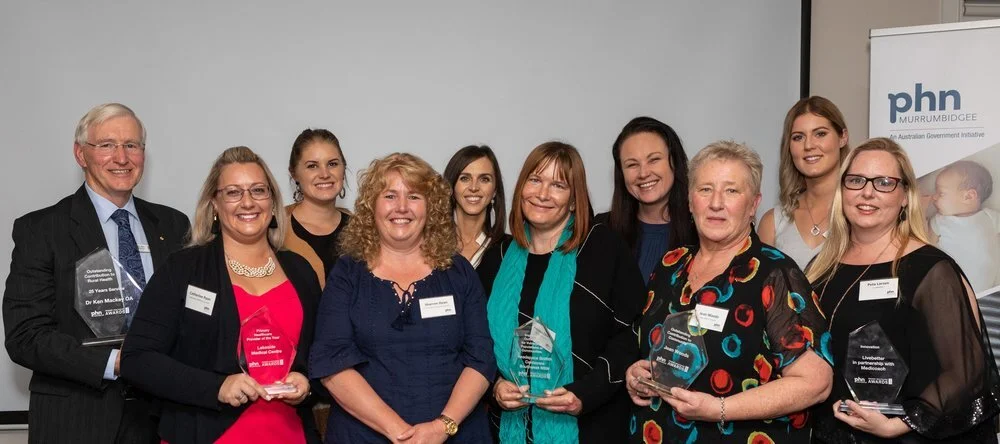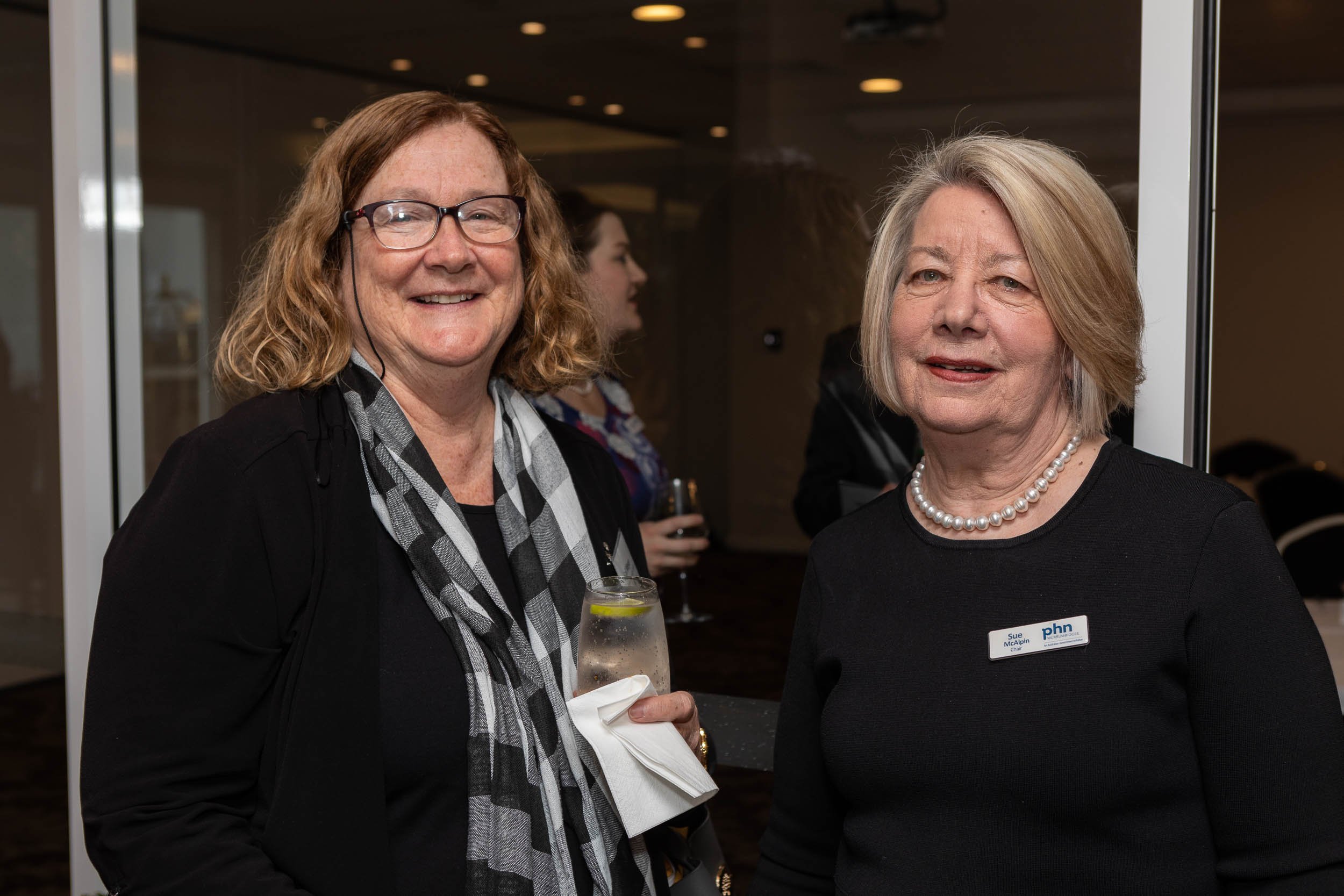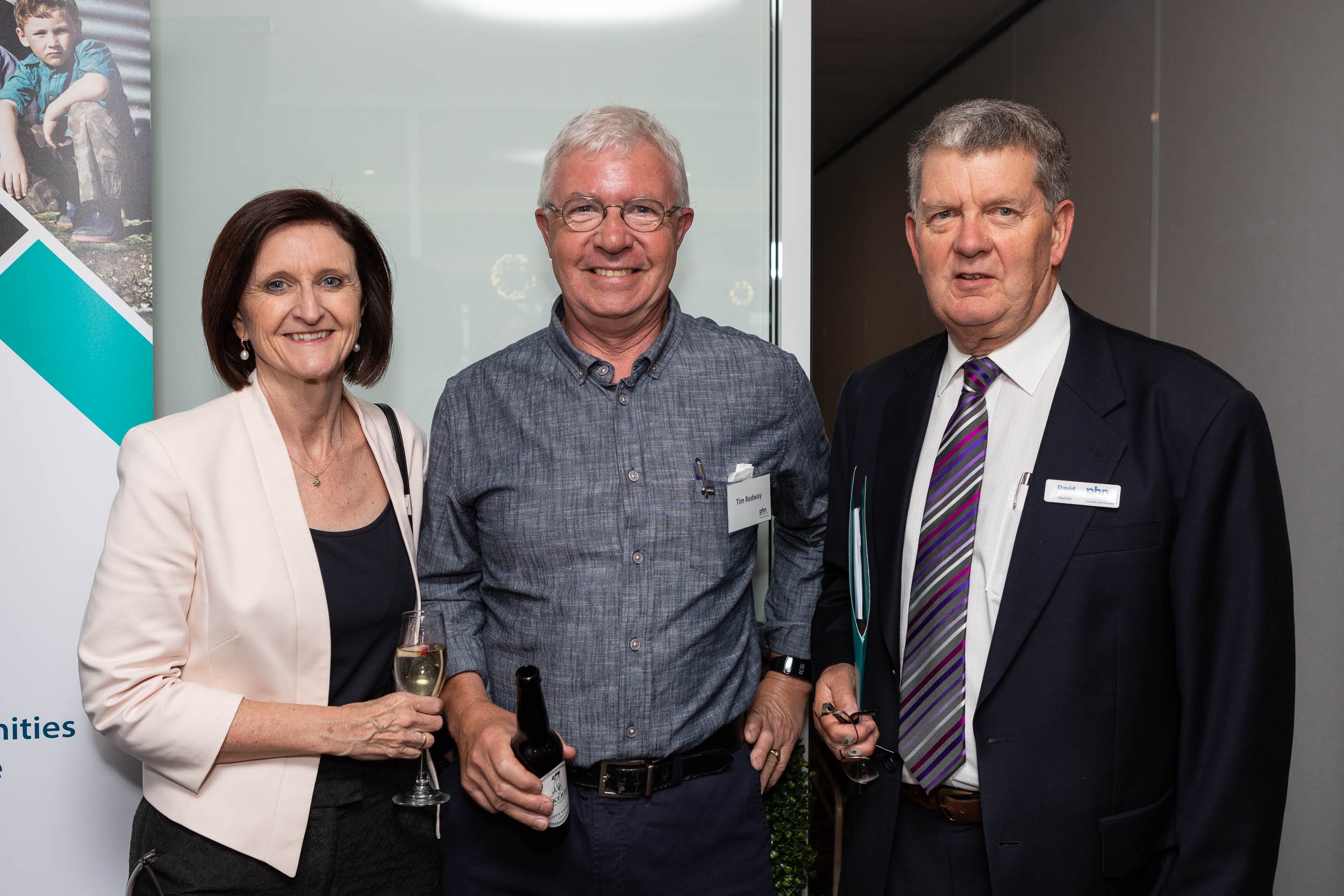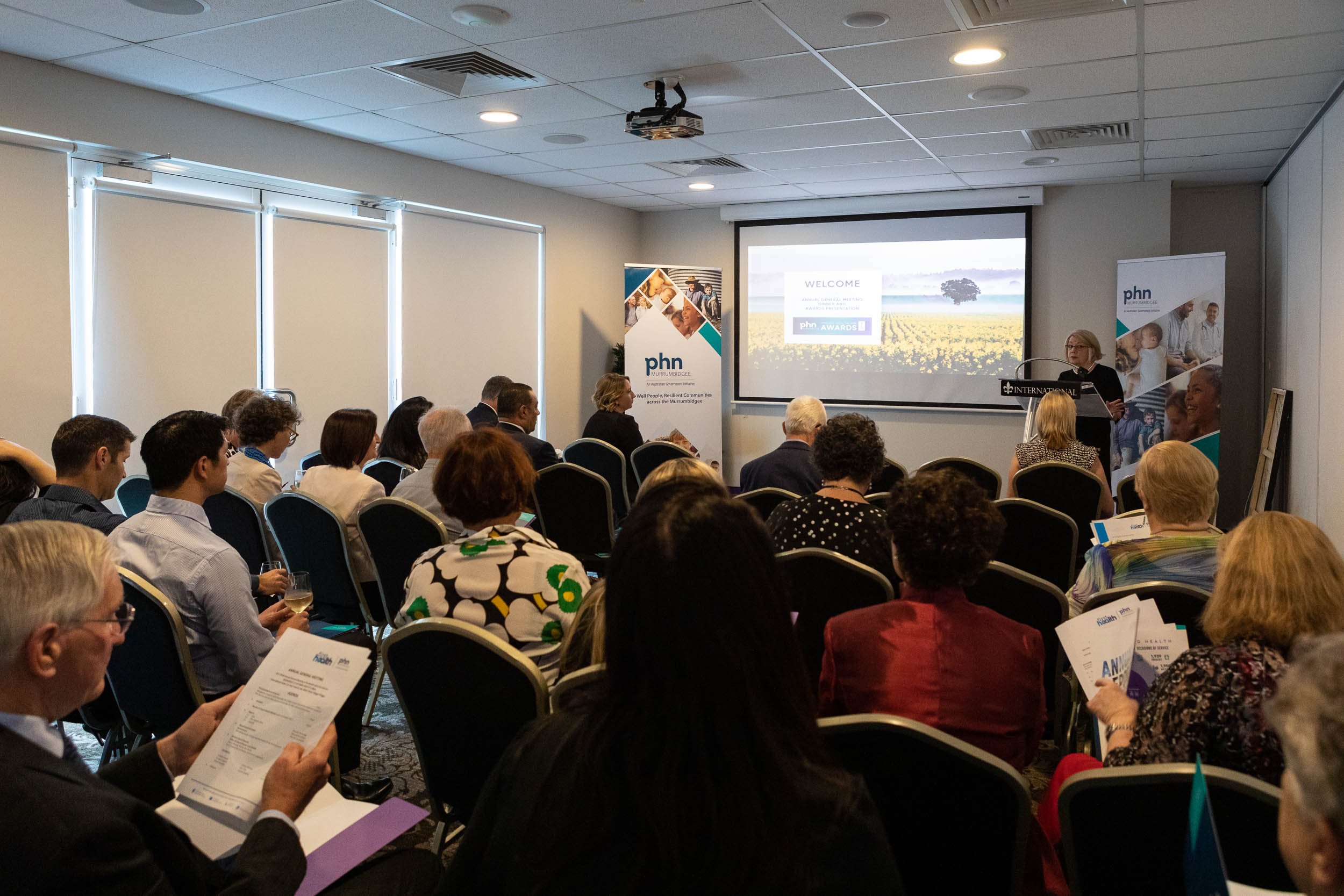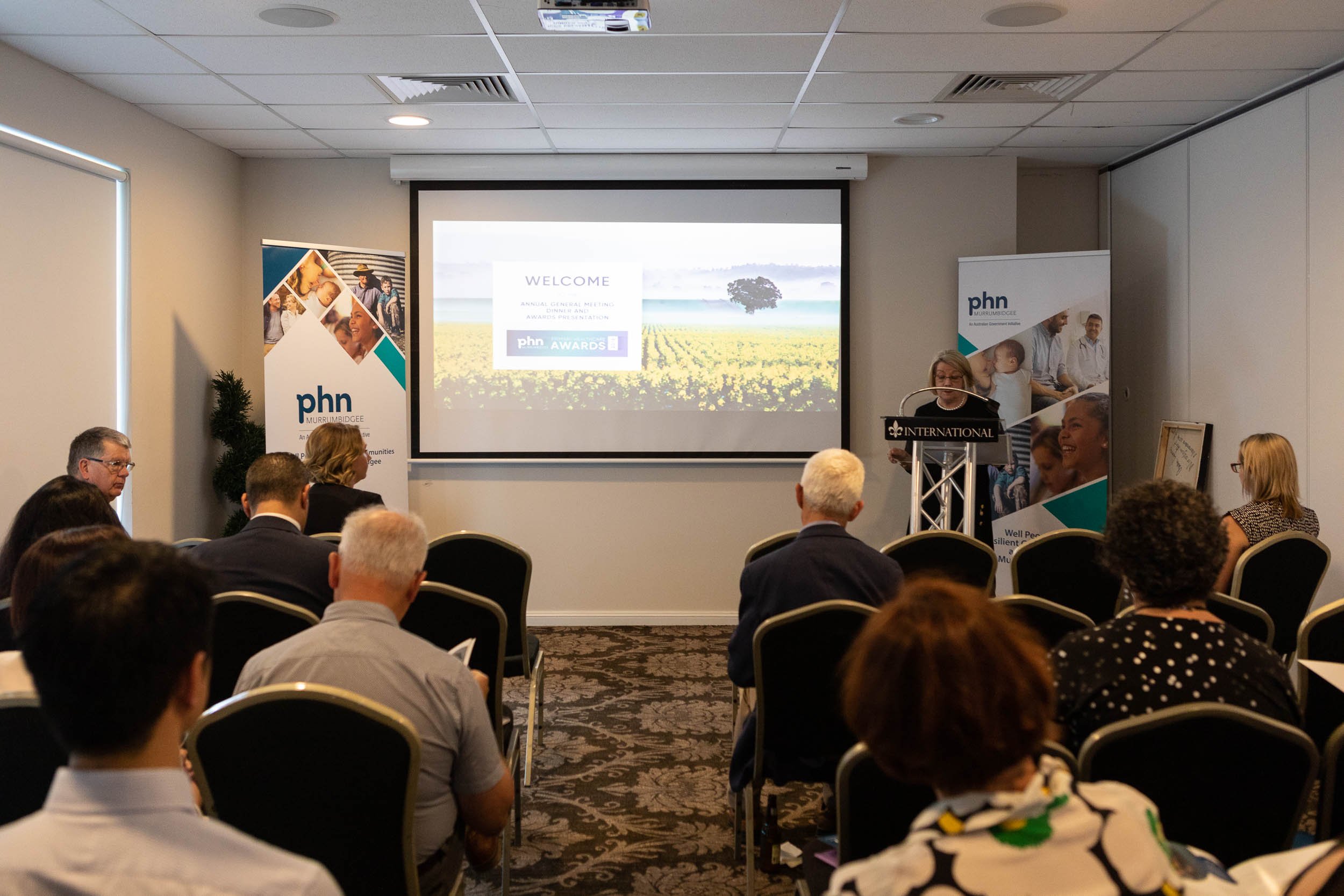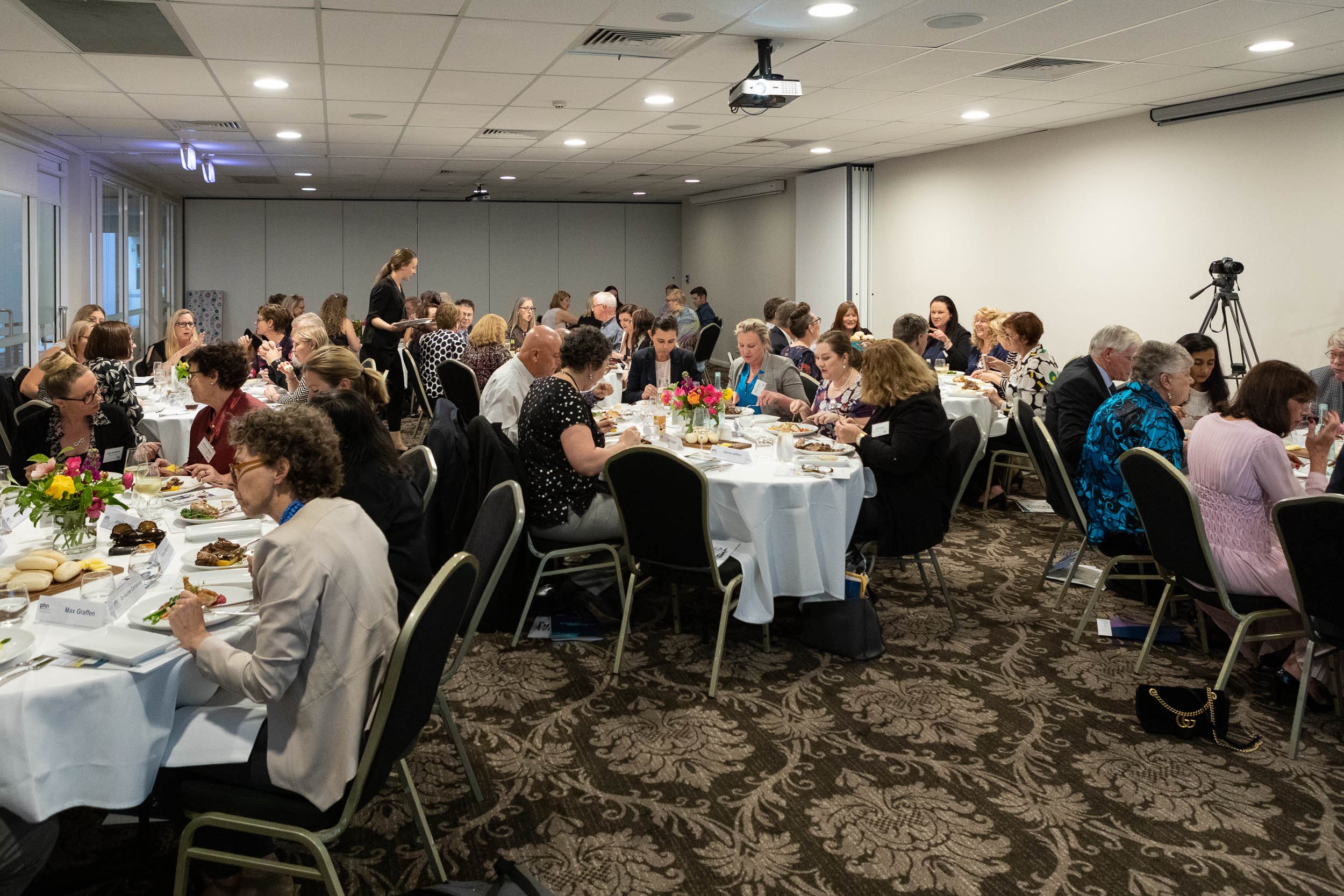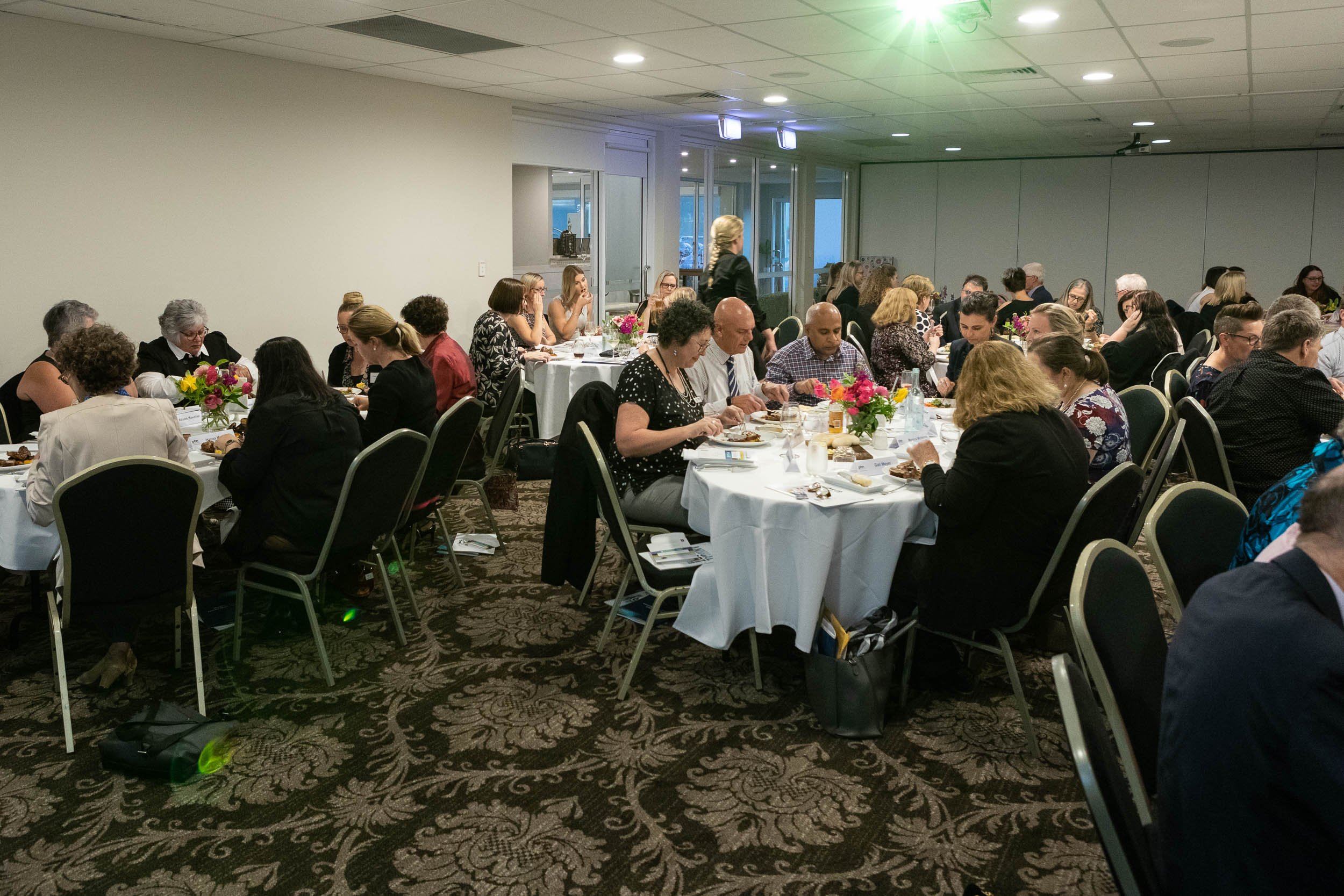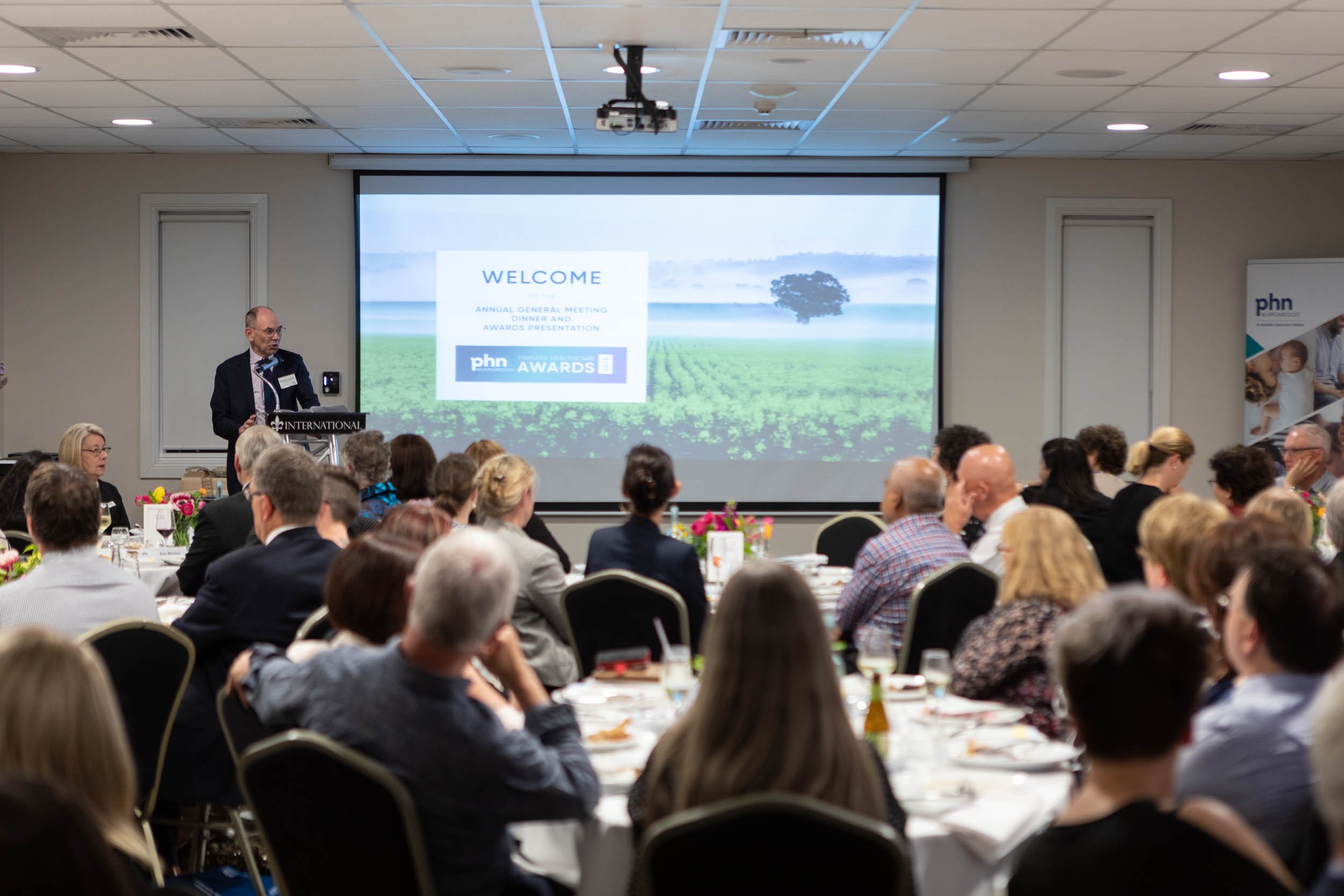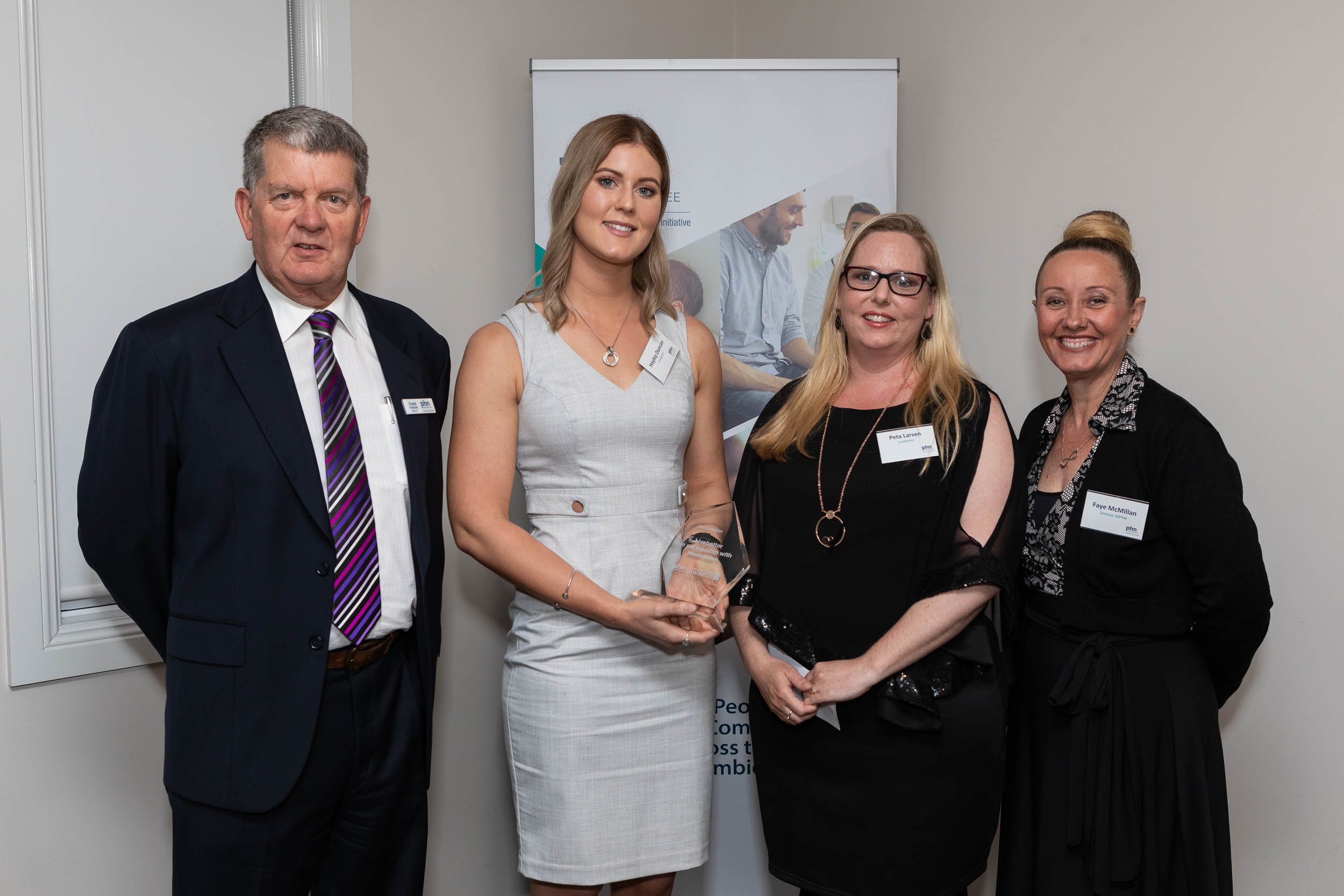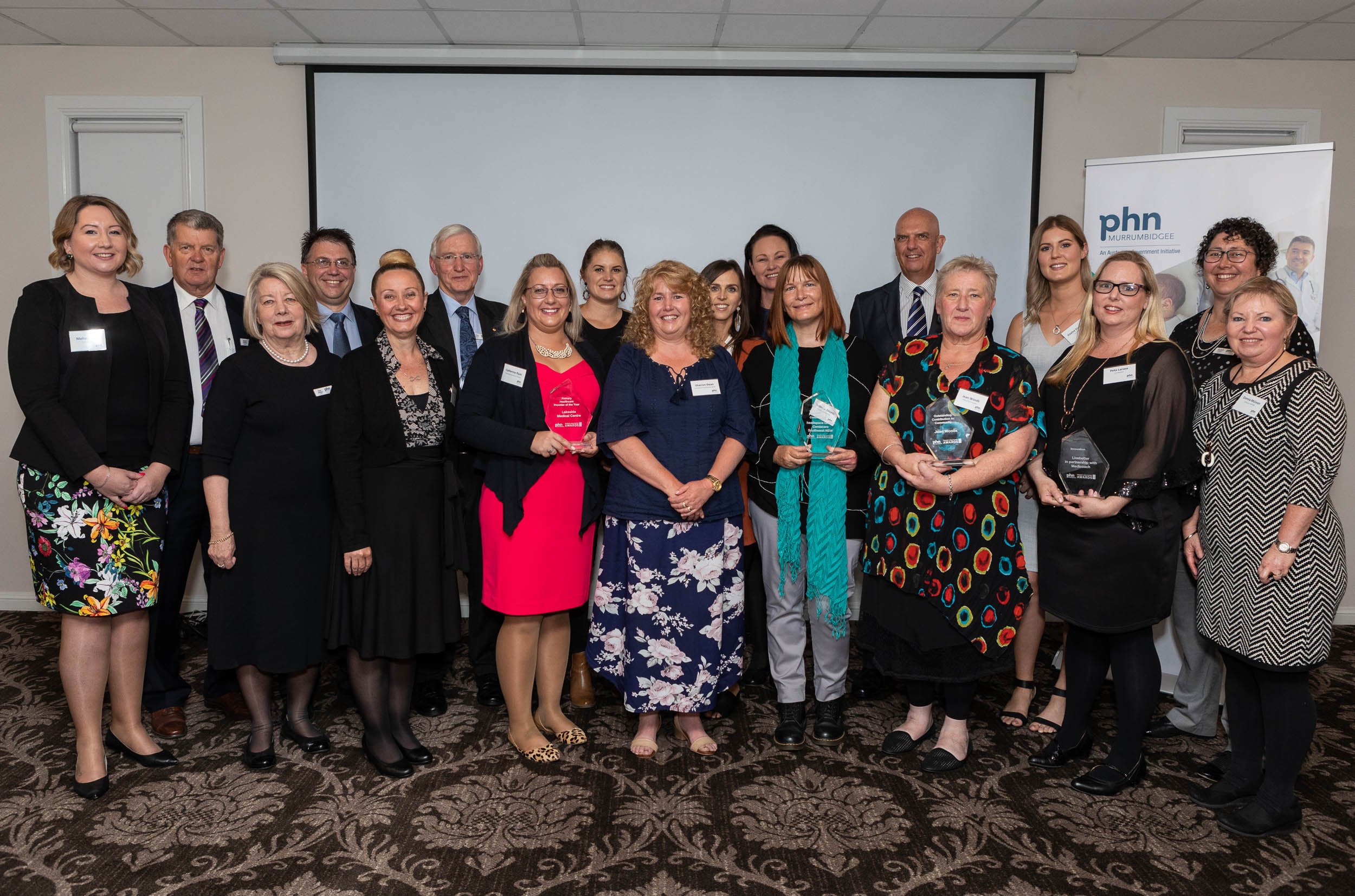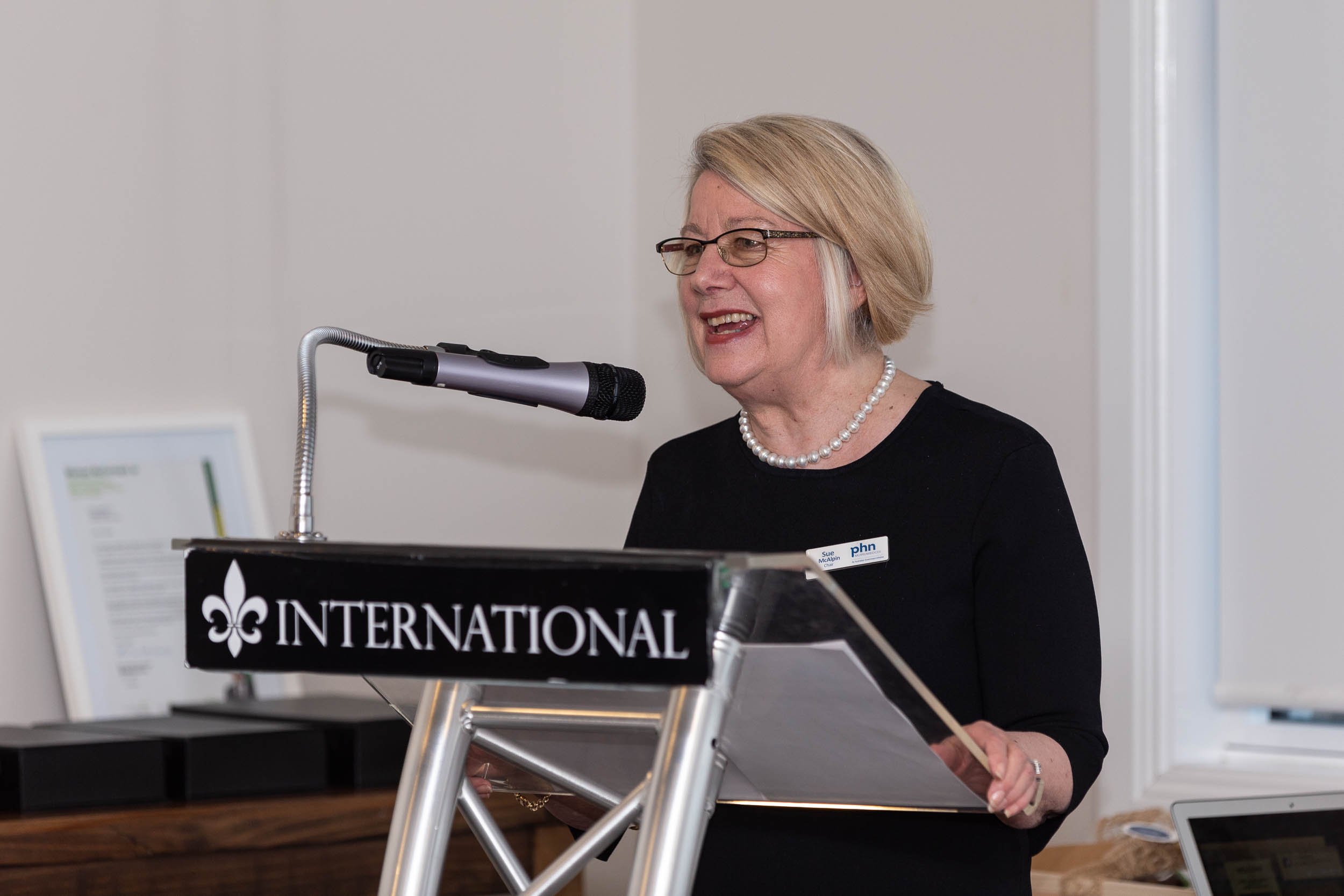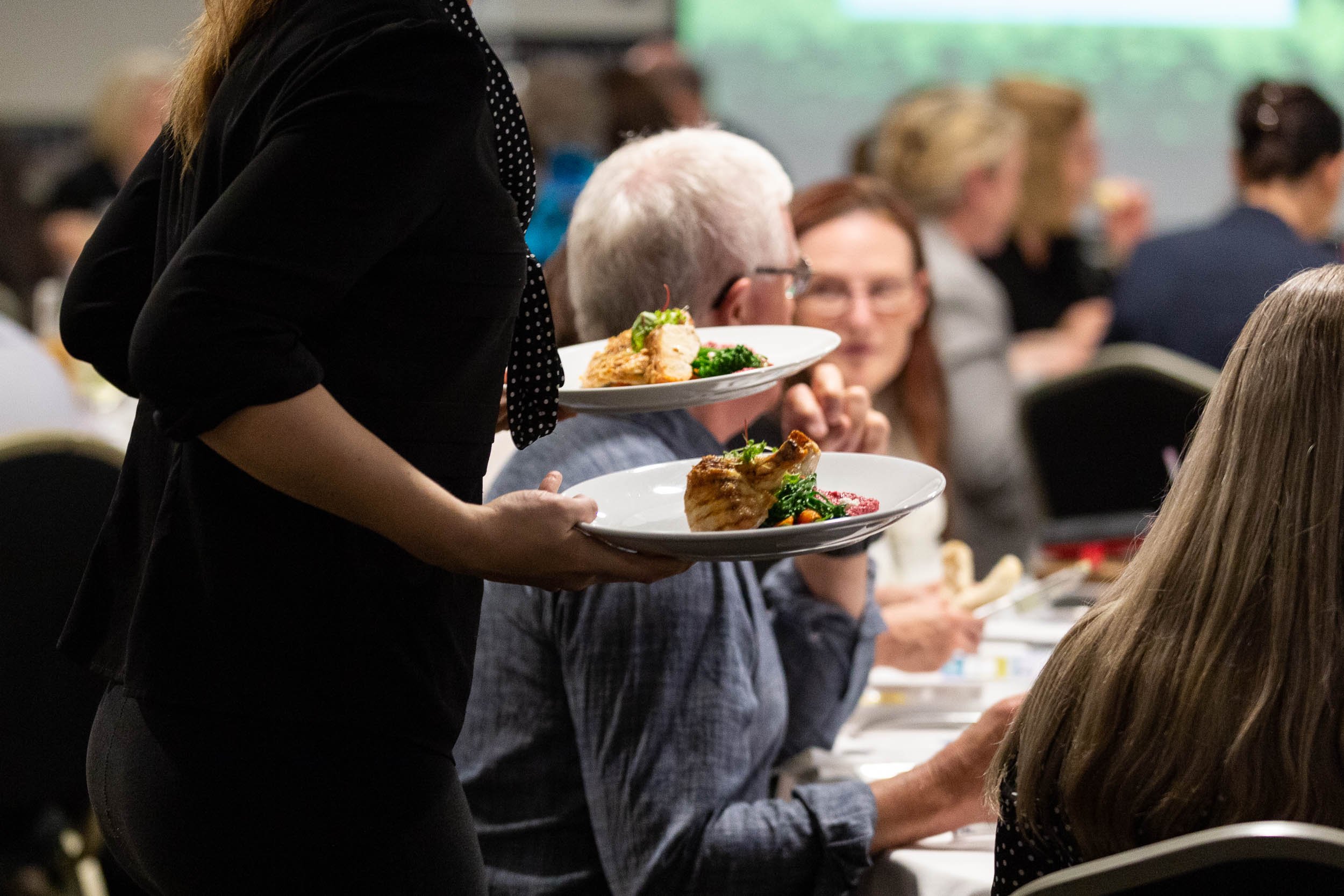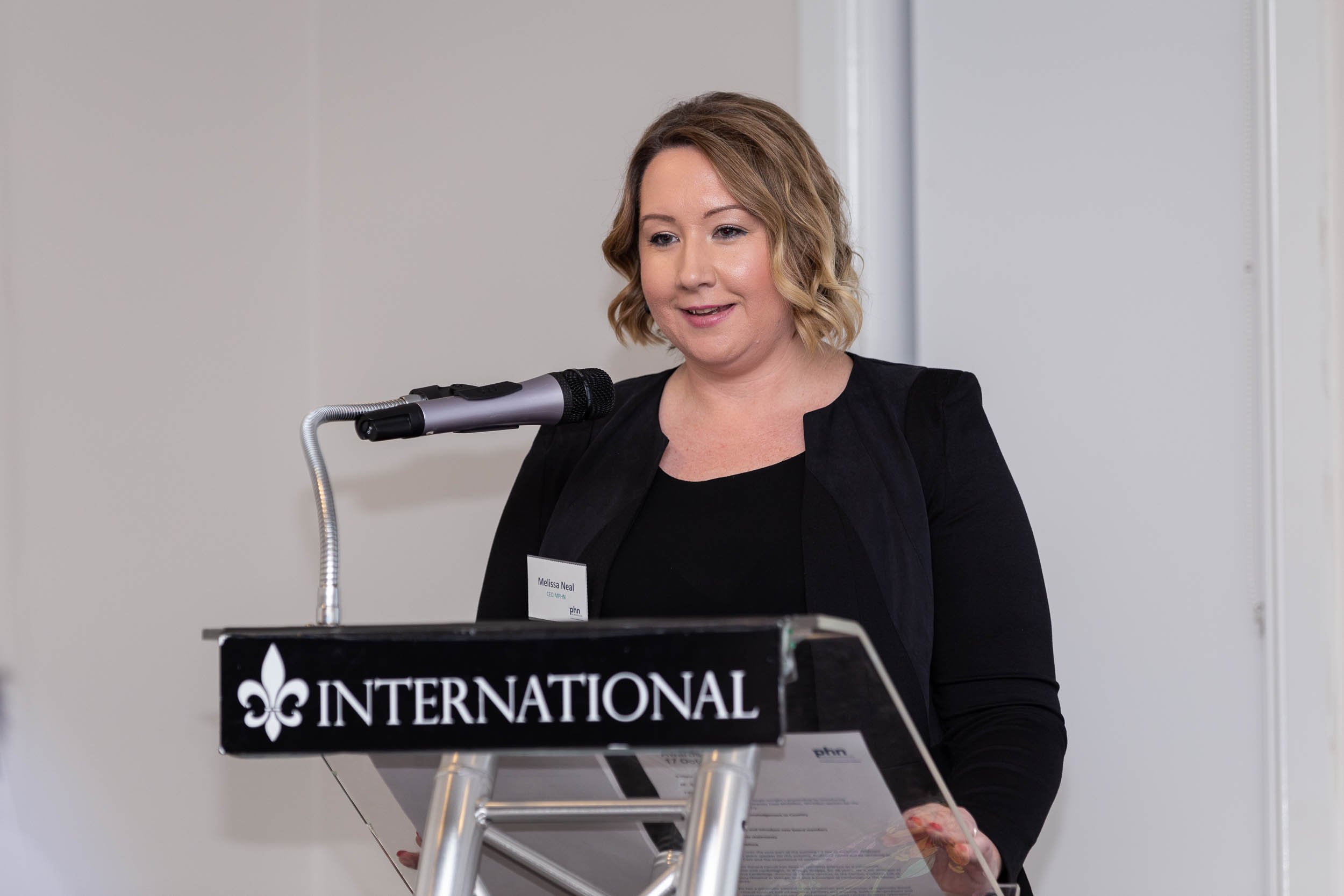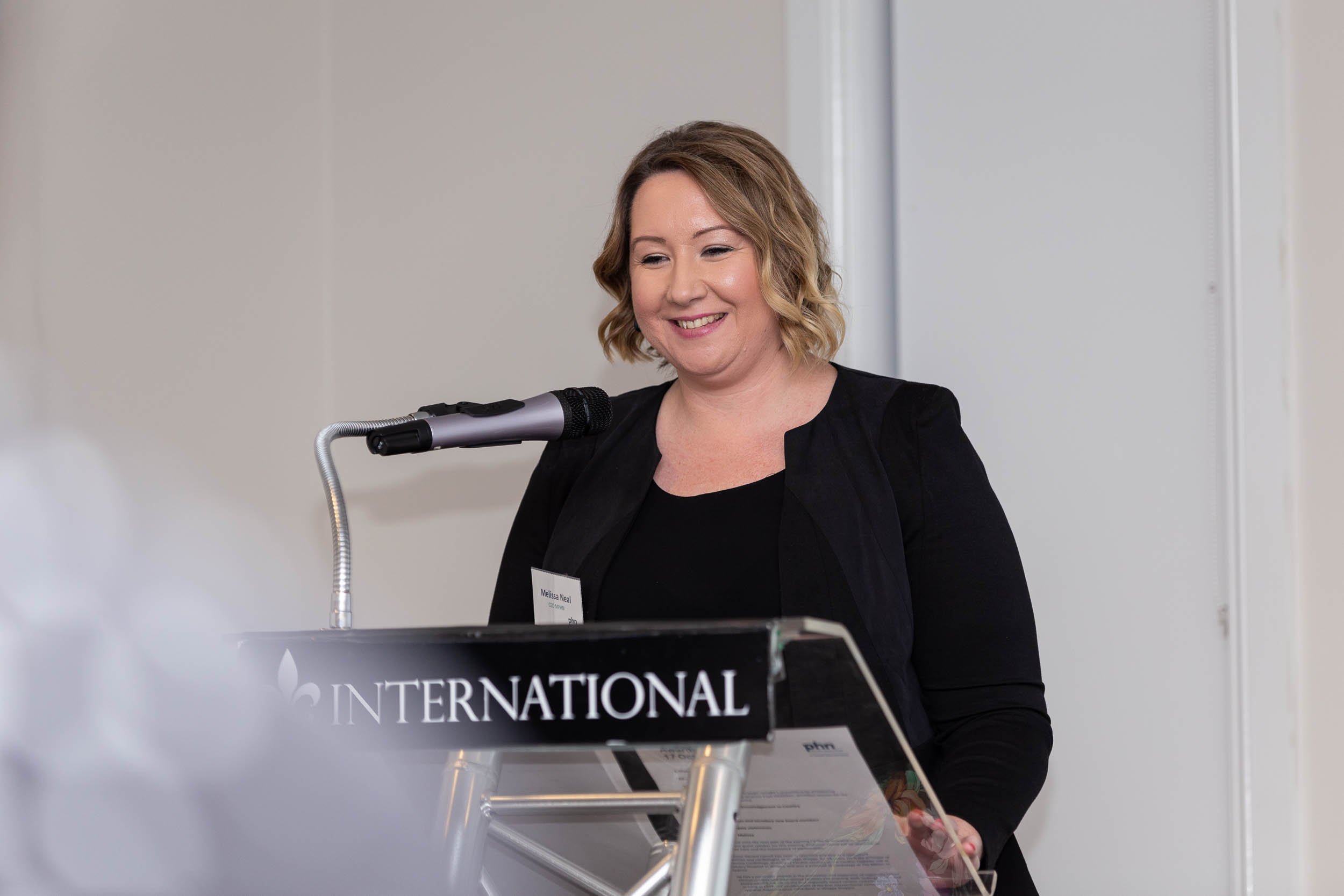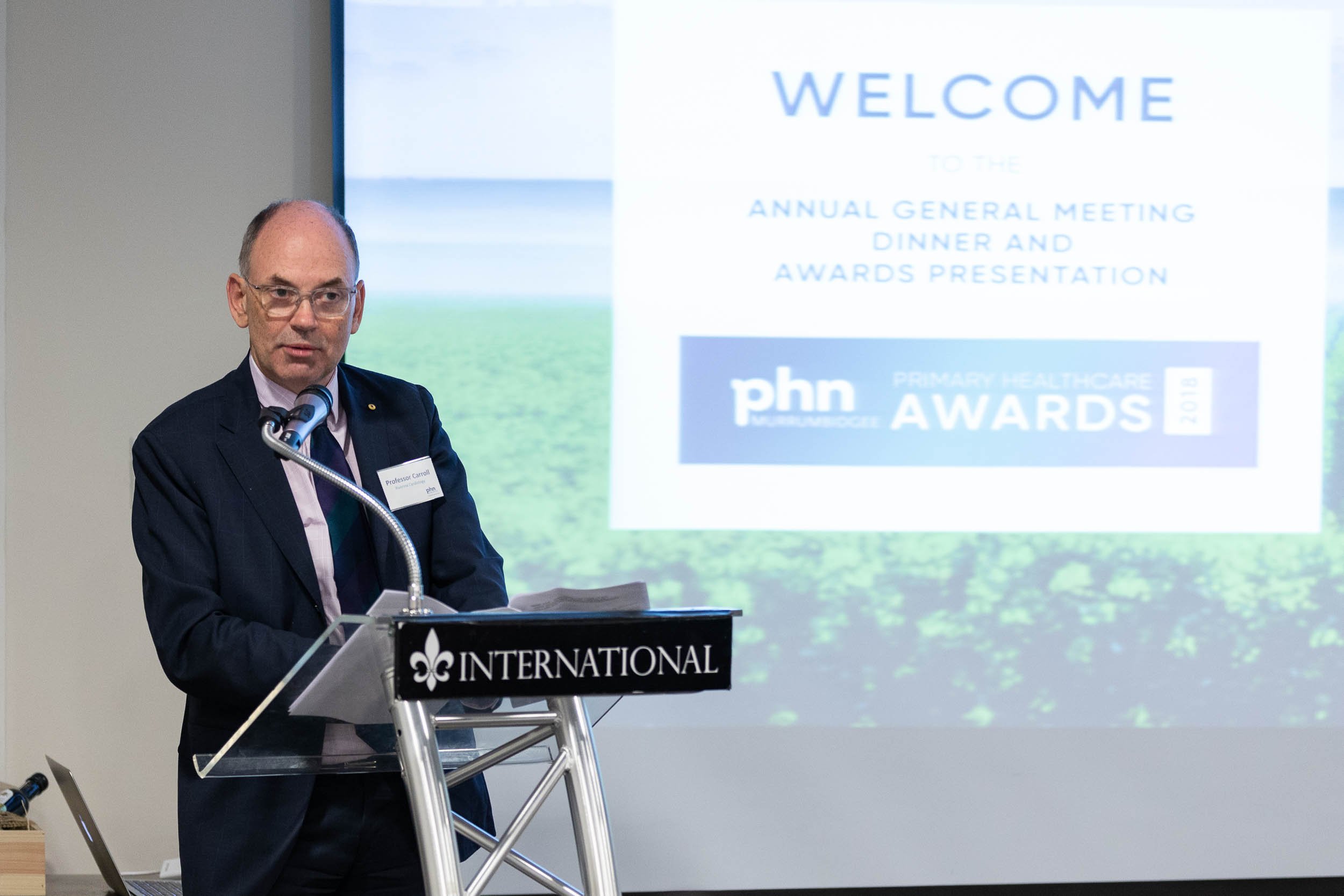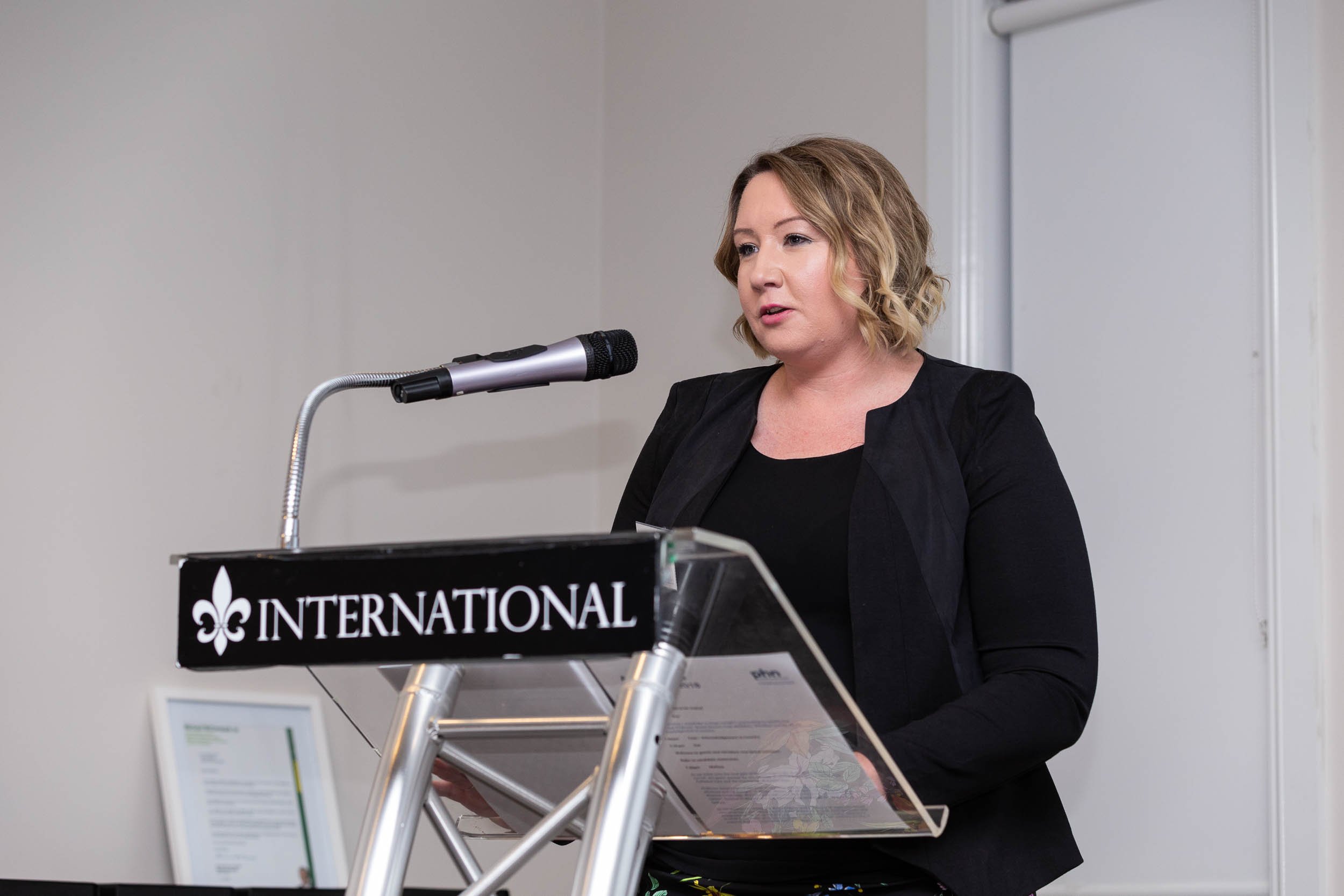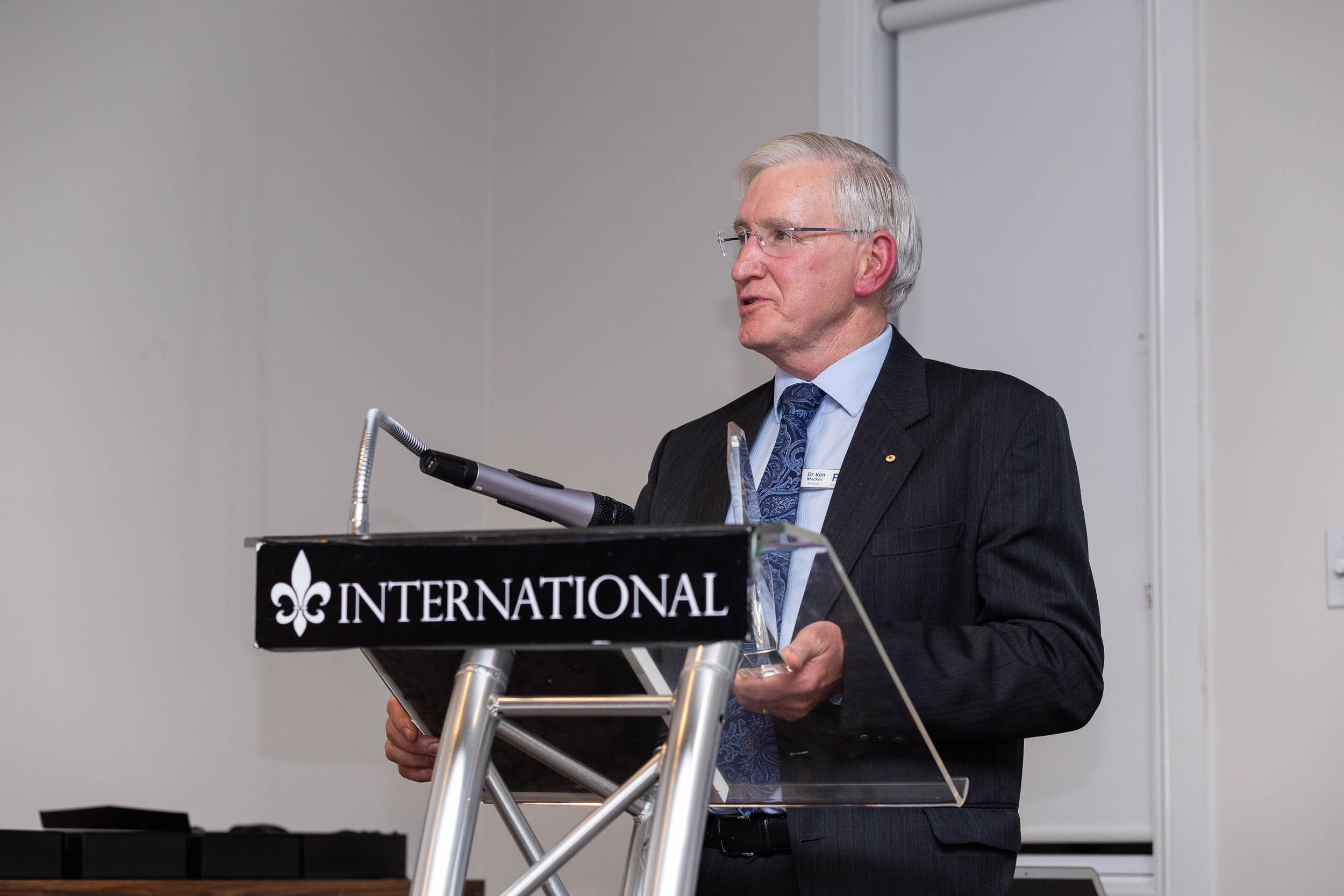2018 Primary Healthcare Award Winners
Congratulations to our 2018 MPHN Primary Healthcare Award winners!
Outstanding Contribution to Rural Health
Dr Ken Mackey OA
Dr Kenneth Mackey OA is a general practitioner in Lockhart and has been serving the community there for 28 years. He has held a board position on what is now the MPHN Board for the past 25 years. Dr Mackey was president of Rural Doctors' Association of Australia from 2001 to 2003, and president of the NSW branch from 1998 to 2011. His dedication to primary healthcare in this region is also demonstrated through his leadership as Chair of the Division of General Practice from 1993 to 2008, and his involvement on the boards of Murrumbidgee Medicare Local and MPHN. Ken’s vision for quality and safety in healthcare is evidenced by his role in the establishment of the organisation’s clinical governance committee in 2009. Ken has chaired this committee since inception until this year. On Australia Day 2016, Dr Kenneth Mackey was awarded the Member of the Order of Australia Medal ‘for significant service to rural and remote medicine through leadership roles of professional medical organisations, and to general practice’.
Ken’s insights into general practice, dedication to primary care and advocacy for small rural communities will be greatly missed from the MPHN Board.
Primary Healthcare Provider of the Year
Lakeside Medical Centre
Lakeside Medical Centre promotes holistic, patient centred care by engaging patients to take ownership of their own health and wellbeing by improving health literacy and encourages healthy lifestyles which aims to reduce hospital admissions and promote better patient self-management of chronic disease.
One such way is through using medical assistants and nurse-led clinics for chronic disease management including asthma, COPD and diabetes and weight management. The practice now has the ability to screen more patients; has improved integration and referral to allied health services enhancing patient satisfaction. The nurses and medical assistants have more time to educate patients regarding their condition or care, which helps to empowers the patient and leads to better self-management, compliance and improved outcomes.
The utilisation of both nurse led clinics and medical assistants within the practice has contributed to both improved health outcomes and increased workflow efficiencies by enabling continuity of care by doing initial screening, collecting patient data thus extending consultation times. The whole team is engaged with making changes to improve systems within the practice and having either a nurse or medical assistant provide one-on-one patient education leads to improved self-care of patients as they better understand their disease, medications, how to take them and why.
Outstanding Contribution to Community
Jean Woods Marathon Health
Jean Woods has a real passion for Hay and ensuring that Hay locals can access the health care they need – when they need it. Through her passion for her community and clients, she has helped drive a shift to easily accessible and culturally appropriate health services in the Hay, Hillston and Deniliquin communities, not only through her coordination work, but also in lobbying for other health services.
Among her achievements, Jean works with GPs and Aboriginal and Torres Strait Islander people with chronic health conditions, such as diabetes or cancer, to access the health services they require to treat or manage their conditions. This can involve navigating a myriad of other services, such as access to: specialists; referrals; and pathology and x-ray. She also works with referring services or transport to ensure a client gets to an appointment or is able to access treatment in another location.
Jean works in the local community to build rapport and trust with the people she works with, many of which would not seek medical care at all if they didn’t have a person they know to support them.
Innovation
LiveBetter
With the aim of supporting 12 identified general practices to reduce the impact of chronic disease, the LiverBetter Lifestyle and Weight Management Program used a co-design and testing process to design a multi-component approach delivering nutrition, physical activity and psychological approaches to support behavioural change and to upskill the general practice teams.
Trained staff delivered six sessions generally through monthly 30-minute health coaching sessions that cover the workbooks and wellness wheel, making and recording biometric measurements, and discussing goals, plans, achievements, and any barriers or challenges. Participants were also provided with information about community resources walking groups, community gardens, activity and hobby groups.
Upon completion of the program at six months, one third of participants had lost at least 5 per cent of their initial weight and reduced their waist circumference by at least 5cm. There was also a high level of participant satisfaction with the majority finding all aspects of the program useful, especially menu planning and portion size advice, as well as practice nurse support and encouragement.
Improving Outcomes for Vulnerable Populations or Communities
The C.A.R.E.S Youth Service delivered by headspace Griffth and Centacare South West NSW
The Youth Severe Program commenced in February 2018 and is an initiative aimed at young people living with, or at risk of developing severe mental illness. Severe mental illness has the potential to impact a young person’s social, emotional, personal and educational wellbeing, leaving them vulnerable and at higher risk of not succeeding to a contributing life. C.A.R.E.S was adopted as an acronym of Coordination, Advocacy, Referral, Education and Support as these areas are pivotal in providing holistic support (or early intervention) to the young people experiencing or at risk of experiencing severe mental illness.
The C.A.R.E.S (Youth Severe) Clinician has to date supported 24 young people. Engagement by Aboriginal and Torres Strait Islander youth has been encouraging and positive with 66 per cent of the total C.A.R.E.S participants identifying as Aboriginal and/or Torres Strait Islander, 12.5 per cent of these having successfully completed the program. Outcome reports indicate that they are now able to manage their mental health and engage in the community.
Young people involved in C.A.R.E.S have been supported to reduce anger, depressive feelings and self-harm, whilst increasing and independently maintaining their engagement in education, relationships, physical and mental health appointments and their community.

